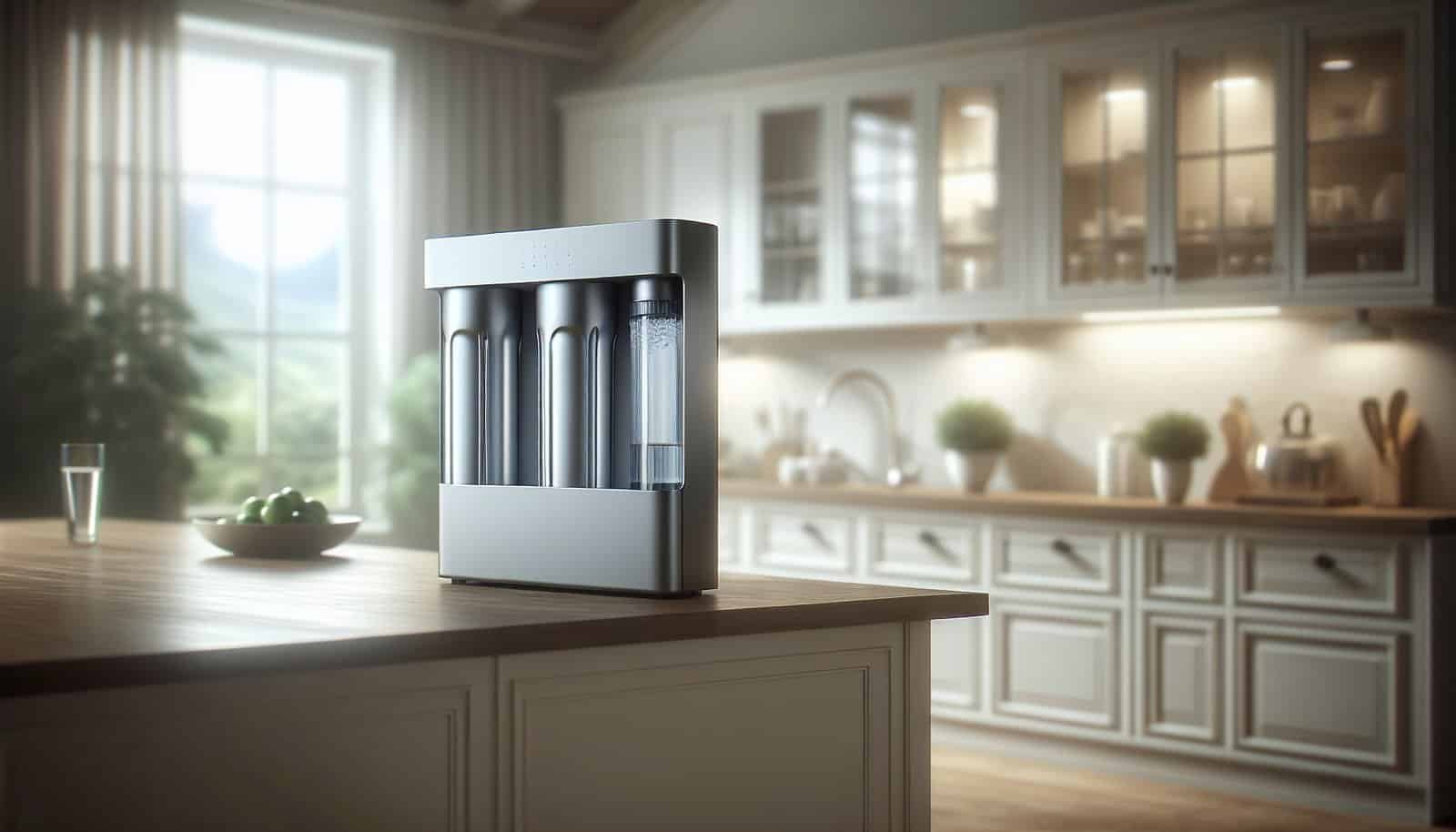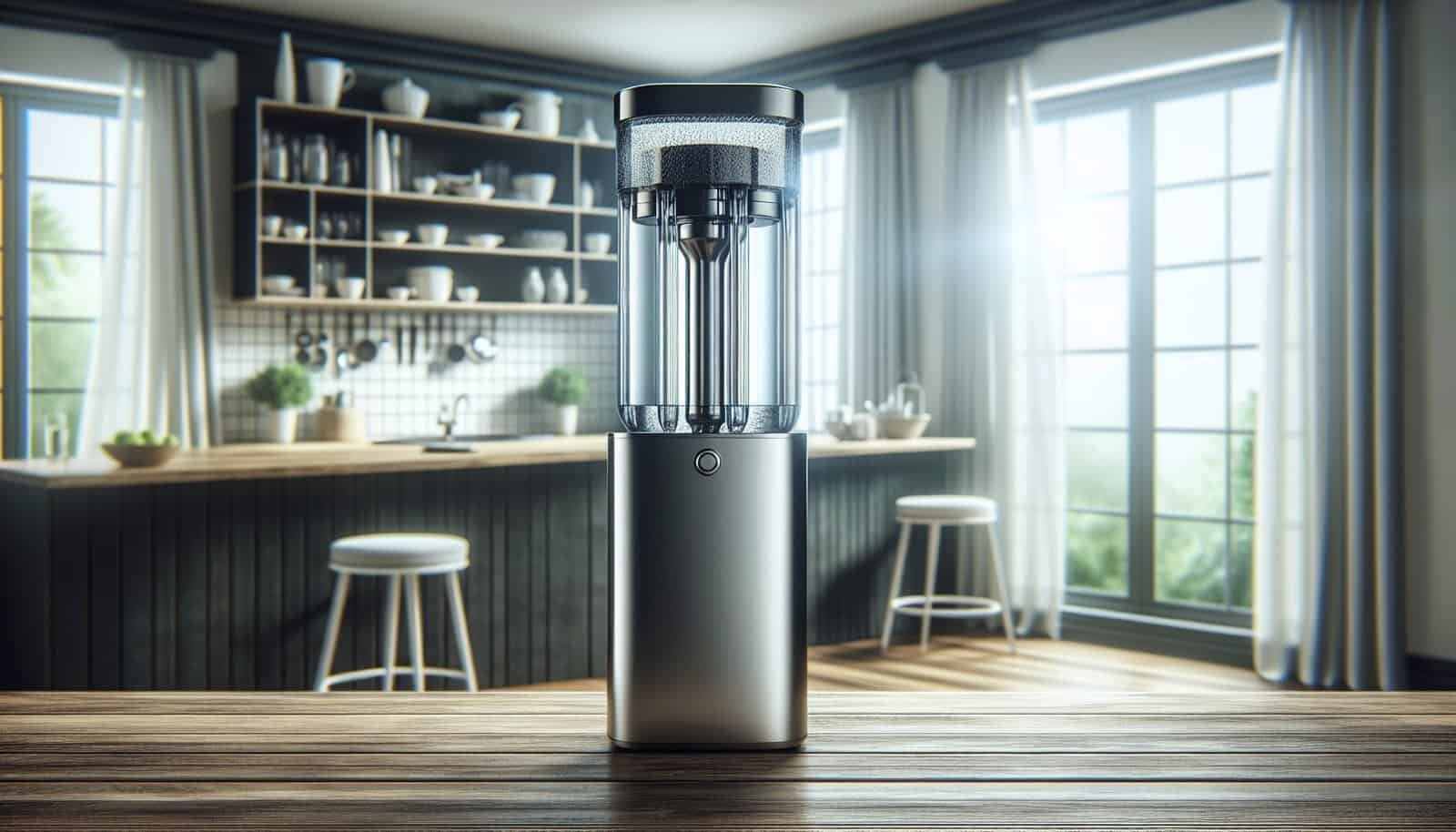Have you ever wondered what the best filtration system for your well water is? If you’ve been relying on well water for your household’s needs, you know how important it is to ensure that the water you use is safe and clean. But with so many filtration options available, choosing the right one can be overwhelming. Don’t worry! This article will guide you through the different types of filtration systems and help you find the one that suits your needs.

Understanding Well Water
Before diving into the specifics of water filtration systems, it’s essential to understand what well water is and why it requires special attention. Well water, as the name suggests, is drawn directly from the ground from a well. Unlike municipal water, well water isn’t treated by city utilities, making it more prone to contain impurities and contaminants.
Common Contaminants in Well Water
Well water can host various contaminants, depending on the geographical location and environmental factors. Here are some common ones:
- Microorganisms: Bacteria and viruses that can cause health problems.
- Heavy Metals: Such as lead, arsenic, and mercury.
- Radon: A radioactive gas that can seep into the water supply.
- Nitrates: Often due to agricultural runoff.
- Hard Minerals: Like calcium and magnesium, causing water hardness.
Understanding these potential contaminants is crucial when selecting the right filtration system for your well water.
Types of Filtration Systems
Not all filtration systems are created equal, and each has its advantages and limitations. Below, we explore several types of systems best suited for well water.
1. Sediment Filtration
Sediment filters are designed to remove suspended particles such as dirt, sand, and rust. They’re an excellent first line of defense and work well in conjunction with other filtration systems.
Pros:
- Cost-effective and low maintenance.
- Extends the life of other filters by blocking large particles.
Cons:
- Doesn’t remove chemical contaminants or microorganisms.
2. Carbon Filtration
Carbon filters use activated carbon to remove impurities from water. They are highly effective in eliminating chlorine, sediment, volatile organic compounds (VOCs), and improving taste and odor.
Pros:
- Reduces harmful chemicals and enhances water flavor.
- Available in various sizes for different needs.
Cons:
- Limited ability to remove dissolved minerals and microorganisms.
3. Reverse Osmosis (RO)
Reverse osmosis systems force water through a semi-permeable membrane, removing most of the dissolved particles and impurities.
Pros:
- Removes a wide range of contaminants, including many dissolved solids.
- Provides high-quality purification.
Cons:
- Can waste a significant amount of water.
- Slower purification process.
4. Ultraviolet (UV) Purification
UV purification systems use ultraviolet light to kill bacteria and viruses in the water, making it an excellent option for microbiologically unsafe water.
Pros:
- Effective against pathogens without chemicals.
- Doesn’t alter taste or smell of the water.
Cons:
- Ineffective against chemical contaminants.
- Requires electricity to operate.
5. Water Softeners
Water softeners address issues of hard water by removing calcium and magnesium through an ion exchange process.
Pros:
- Improves water’s feel and prolongs the lifespan of appliances.
- Reduces scale buildup in plumbing.
Cons:
- Does not purify water of other contaminants.
- Requires regular replenishment of the softening agent.

Factors to Consider When Choosing a Filtration System
Choosing the right filtration system depends on several key factors. Consider these aspects to make an informed decision.
Your Specific Contaminants
The selection of your filtration system should begin with testing your water to identify the specific contaminants present. This can guide you toward the most effective filtration solution, as not all systems remove the same impurities.
Budget and Maintenance
Your budget will not only influence the initial purchase but also the ongoing maintenance costs. Some systems require regular filter changes or additional materials, such as salt for water softeners. Consider long-term costs in your decision.
Water Usage
Consider how much water your household consumes daily. Systems like reverse osmosis may not be practical for large families due to their slower rate of purification.
Space and Installation
Evaluate the available space for your system. Some filtration systems require significant space or specific installation setups, such as proximity to electrical outlets for UV systems.

Combining Systems for Optimal Filtration
One system may not always meet all your needs, and often a combination of systems works best for comprehensive filtration.
Example Combinations
- Sediment Filter + UV Purification: Ideal for removing particles and sterilizing water from bacteria and viruses.
- Carbon Filter + Reverse Osmosis: Excellent for comprehensive removal of chemicals, taste improvement, and purification.
- Water Softener + Carbon Filtration: Combines mineral removal with chemical contaminant reduction.

Maintenance and Monitoring Your System
After installing a filtration system, regular maintenance ensures it functions effectively over time.
Regular System Checks
- Filter Replacement: Change filters as recommended by the manufacturer to avoid clogging and maintain performance.
- System Cleanliness: Keep the housing and parts free of dirt and buildup.
- Water Tests: Periodically test well water to confirm the system continues to remove contaminants efficiently.
Troubleshooting Common Issues
Sometimes, even with proper care, filtration systems encounter issues. Here are a few tips:
- Slow Water Flow: Check for clogged filters or sediment buildup.
- Strange Tastes or Smells: Replace carbon filters or inspect the membrane in reverse osmosis systems.
- Pump or Light Malfunctions: Regularly inspect UV lights for proper operation and replace when necessary.

Conclusion
Deciding on the best filtration system for well water involves understanding your specific water quality needs, budgetary considerations, and maintenance capabilities. By considering the various types of filtration systems available and the contaminants they effectively remove, you can tailor a solution that ensures the water flowing through your home is as clean and safe as possible. A well-chosen and properly maintained filtration system not only protects your health but also enhances the quality of life by providing you with crisp, refreshing water every day. Don’t hesitate to reach out to a water treatment professional if you need expert guidance tailored to your specific situation.
